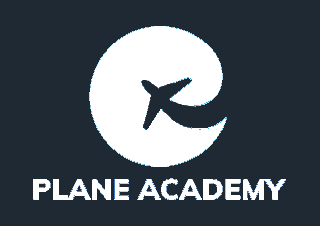Navigating Pilot Selection Group Exercises for Success on Assessment Day
Introduction: Pilot Group Exercises – An Essential Element of Pilot Assessment Day
Understanding the critical skills required for effective piloting extends beyond technical expertise. Leadership, communication, decision-making, teamwork, and situational awareness are vital attributes that shape a proficient pilot. The demands of the aviation industry necessitate collaborative efforts on the flight deck, involving coordination with the captain, cabin crew, air traffic control, and various resources. This blog post delves into the significance of assessing these non-technical skills through group exercises during airline and flight school interviews.
Purpose of Group Exercises: The group exercise component of an airline or flight school interview serves as a platform to evaluate non-technical skills and specific personality traits within a collaborative setting. Rather than personality tests, these exercises aim to showcase skills that can be trained and improved. As aviation increasingly emphasizes the importance of non-technical skills alongside technical flying capabilities, candidates are assessed on their ability to navigate through problem-solving scenarios within a team environment.
Nature of Group Activities: Group activities during assessment days are diverse, designed to unveil candidates’ abilities to work in a team and address challenges collectively. An illustrative example involves a hypothetical scenario where a team is stranded on the moon with limited resources, requiring them to prioritize essentials. The focus is not on the specific choices made but on the decision-making process, teamwork, and effective communication.
Another common exercise involves constructing a tower using marshmallows and spaghetti sticks. The emphasis remains on teamwork rather than the final outcome. The open-ended nature of these activities encourages candidates to exhibit leadership, decision-making, and effective communication skills.
Preparing for Success: While preparation for group exercises primarily revolves around self-awareness and interpersonal skills, certain strategies can enhance one’s performance. Leadership, decision-making, teamwork, and communication are key skills evaluated during these exercises.
- Utilizing open-ended questions is a valuable technique. Questions like “What do you think about this?” or “How does that make you feel?” foster communication and ensure all team members contribute.
- Leadership should be demonstrated collaboratively, avoiding an autocratic approach. Encouraging quieter team members to share their opinions through open questions highlights exceptional leadership and communication skills.
- Overcoming shyness or quiet tendencies is achievable through practice. Engaging in debates with friends or volunteering for roles involving public interaction can help individuals step out of their comfort zones, preparing them to demonstrate the required non-technical skills.
Summarizing Pilot Assessment Group Activities: Non-technical skills play a pivotal role in a pilot’s journey to becoming a commercial aviator. These skills are honed and refined throughout training, with an emphasis on continuous improvement. The ability to exhibit situational awareness, especially within time constraints during group exercises, adds another layer to the evaluation process. Candidates can showcase their awareness by volunteering to be the timekeeper, illustrating their understanding of the exercise dynamics.
In conclusion, success in pilot group exercises involves a holistic approach encompassing leadership, decision-making, teamwork, and effective communication. Aspiring pilots should embrace opportunities for self-improvement, recognize the importance of these non-technical skills, and navigate assessment day group exercises with confidence.
